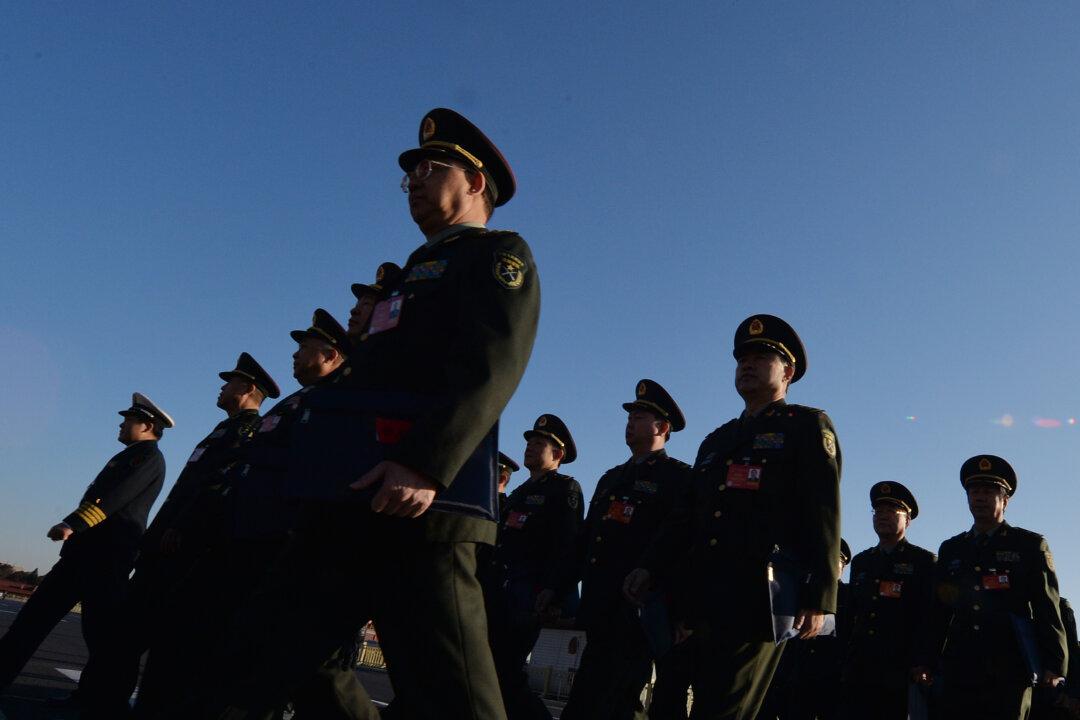On the afternoon of March 8, the Xinjiang delegation of China’s National People’s Congress (NPC) opened up for media interviews. When the Xinjiang territory’s Chinese Communist Party (CCP) secretary, Zhang Chunxian, was asked if he supported Xi Jinping’s leadership, he responded, “Talk later.”
Zhang’s response to this obvious testing question asked by an overseas media has attracted wide attention and further interpretation. Although the related reports were quickly deleted, his response had already been spread.
China expert Shi Cangshan said Zhang’s reply reflected both his thoughts and those of the supporters of former CCP leader Jiang Zemin, Xi’s political rival.
Zhang undoubtedly sent a message to all levels of corrupt officials to say “no” to Xi, which is an indication of the intense wrestling between the Jiang and Xi factions of the CCP. Over the years, the Xinjiang region has become a Jiang faction stronghold for blackmailing Xi in the form of terrorist attacks.
Shi also said that if Jiang is not arrested quickly, more people will suffer from the terrorist acts.
At the end of last year, Xu Hairong, secretary of the Xinjiang Commission for Discipline Inspection, repeatedly published sharp comments on Xinjiang’s anti-terrorism and anti-separation issues. He said Xinjiang officials have “ambiguous attitudes” and “slow actions” on anti-separation issues, and they even support and participate in the “violent terrorist activities.”
These comments imply that the so-called Xinjiang “terrorism” is actually the Jiang faction’s troubling action against Xi’s authority.
In recent years, all kinds of negative news about Zhang has popped up. Several media reported that Zhang is under investigation and will be suspended for having connections with former security czar Zhou Yongkang’s case and other issues.
Zhang’s future officialdom will be one of the areas of interest after the incident.
According to human rights website Minghui.org, Zhang has been pursued by the overseas organization “World Organization to Investigate the Persecution of Falun Gong” for his involvement in following the Jiang faction in persecuting the Falun Gong spiritual practice.
Xinjiang party secretary has high possibility of being sacked
Zhang’s ambiguous response reflects his hesitant attitude towards Xi’s leadership. In the CCP’s officialdom, this is enough to increase the possibility of being sacked.
Recently, mainland Chinese provincial and municipal level officials have rushed to declare their stance on the “four consciousnesses” (the ideology, the whole, the core, and the line) and the “Xi Leadership Core.” The top leaders of Tianjin, Sichuan, Hubei, Anhui, Guangxi, Hainan, Jiangsu, Heilongjiang, Shanxi, Henan, Hunan, and other places even spoke out in firm defense of Xi Jinping as the core of leadership.




